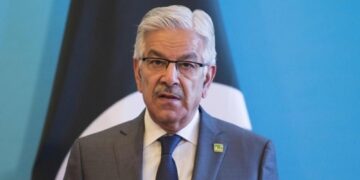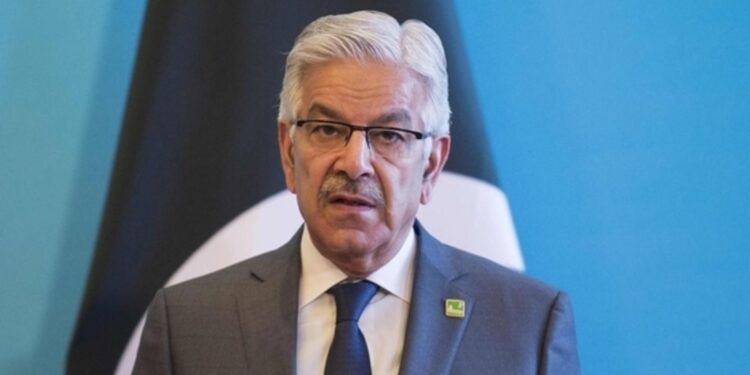In the wake of the devastating terrorist attack in Pahalgam, Jammu and Kashmir, which claimed the lives of 26 civilians, tensions between India and Pakistan have escalated dramatically. The assault, carried out on April 22, 2025, targeted tourists in the Baisaran Valley and has been attributed to The Resistance Front, an offshoot of the Pakistan-based militant group Lashkar-e-Taiba .
India has accused Pakistan of supporting cross-border terrorism and has taken several retaliatory measures, including suspending the Indus Waters Treaty, expelling Pakistani diplomats, revoking visas for Pakistani nationals, and closing border crossings . In response, Pakistan has denied involvement in the attack and has taken countermeasures such as closing its airspace to Indian flights, suspending trade, and canceling visas for Indian nationals .
Pakistan’s Defence Minister, Khawaja Asif, has issued a stern warning, stating that any further actions by India, particularly concerning the Indus Waters Treaty, could lead to an “all-out war” between the two nuclear-armed nations. He emphasized that any attempt by India to divert water from the Indus River would be considered an act of war .
The international community has expressed deep concern over the escalating situation. The United Nations and the European Union have called for restraint and urged both countries to engage in dialogue to prevent further deterioration of relations . Pahalgam
As both nations bolster their military postures and diplomatic ties continue to fray, the risk of a broader conflict looms large. The situation remains volatile, with the potential for further escalation if diplomatic solutions are not pursued promptly.
Also Read : Amit Shah Urges CMs to Identify and Report Illegal Pakistani Nationals in India 2025















 Categories
Categories









